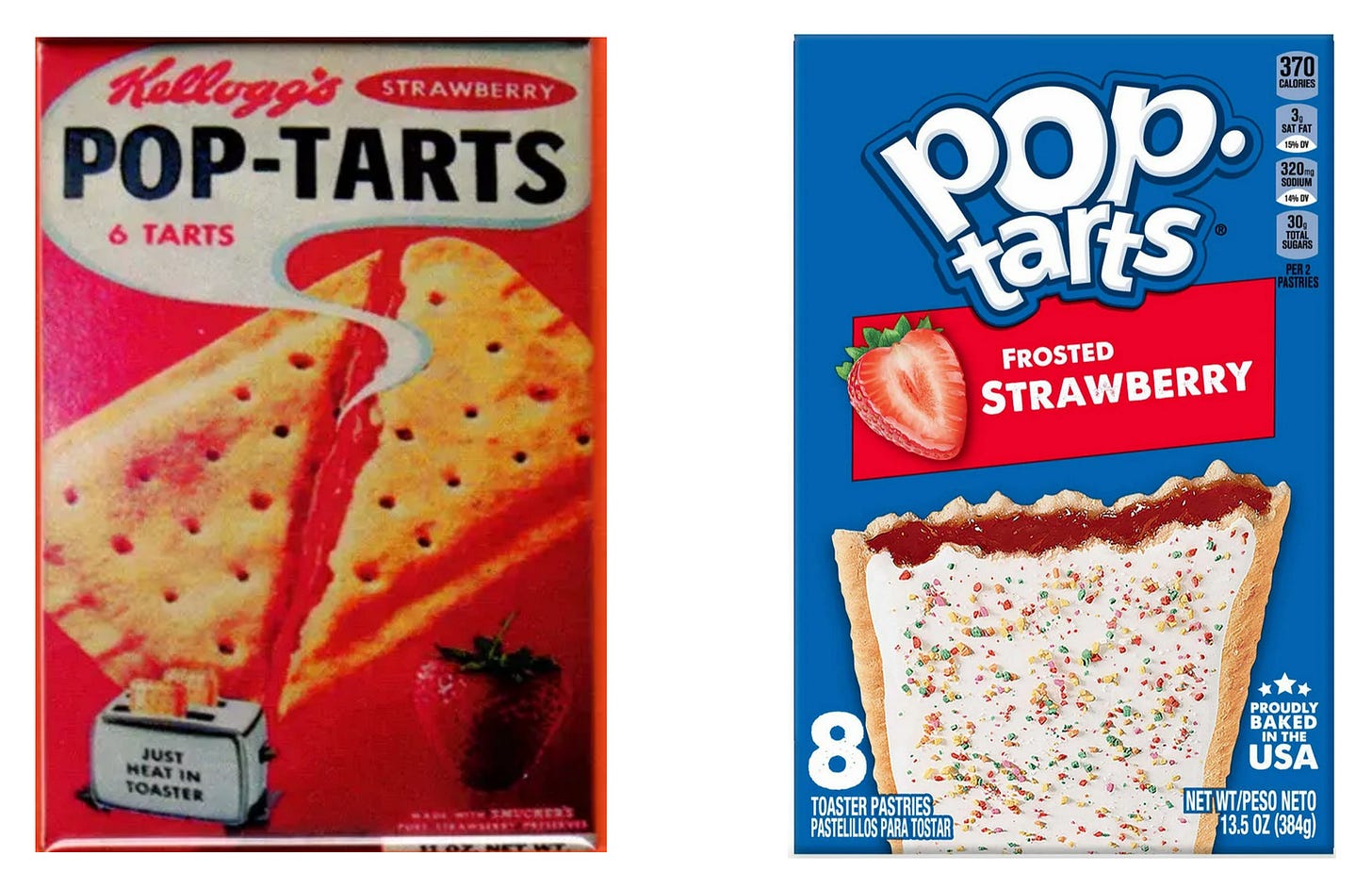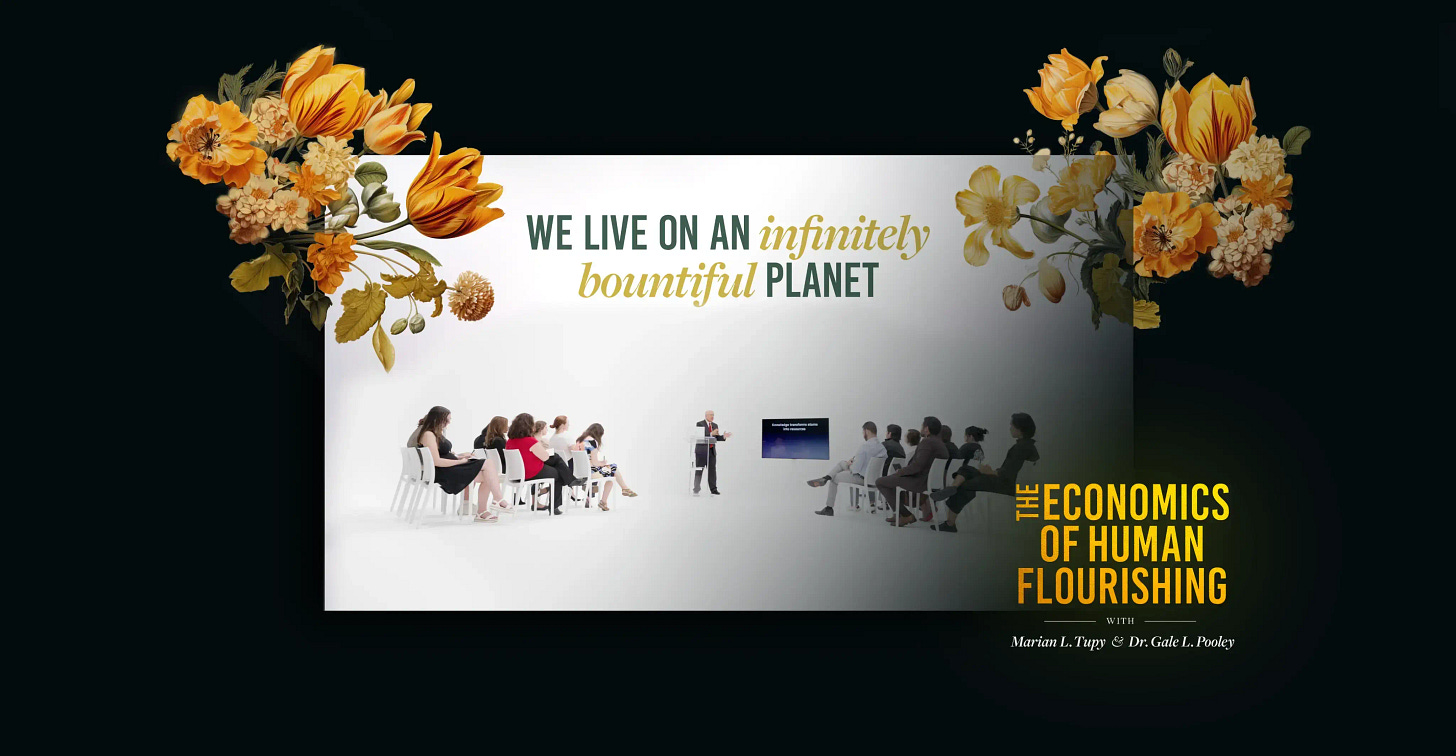In September 1964 Kelloggs introduced Pop-Tarts (which is a pun to the then popular Pop-Art movement) in several test markets around the country. They sold out in 2 weeks. CNBC interviewed 96-year-old Bill Post, who helped develop Pop-Tarts in the early 1960s. He noted “We didn’t realize that this thing was going to go as well as it did. It went beyond any expectations we had.” Sales of the product are close to $1 billion a year with 3 billion units sold. With these kinds of sales numbers Pop-Tarts can now sponsor its own postseason college football bowl game in Orlando, Florida.
In 1964 a box of six Pop-tarts cost around 45 cents, or 7.5 cents each. Back then unskilled workers were earning around $1.64 per hour making their cost per tart around 2.75 minutes. Today you can buy a box of 16 for $4.88, or 31 cents each (plus you get frosting with sprinkles). Today unskilled workers are earning closer to $17.17 per hour, making their cost per tart around one minute. For the time it took to earn one of these delicious treats in 1964, you get 2.75 today. If you’re on a budget, buy the Great Value brand and get 4.7.
You can watch this nice story about the All-American snack:
You can enjoy our new course on the Economics of Human Flourishing at the Peterson Academy.
We explain and give hundreds of examples why more people with freedom means much more resource abundance for everyone in our book, Superabundance, available at Amazon.
Gale Pooley is a Senior Fellow at the Discovery Institute and a board member at Human Progress.








